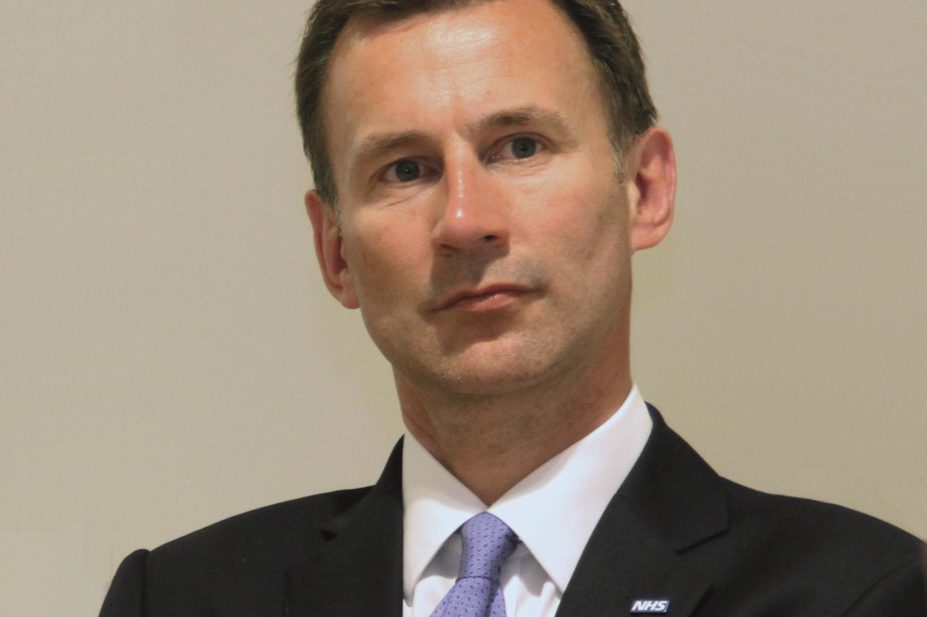
Wikimedia Commons
The British Medical Association has lambasted government’s decision to impose a new contract on junior doctors working in the NHS.
Health secretary Jeremy Hunt announced in the House of Commons on 11 February 2016 that the new contract – which will cut extra pay on Saturdays while potentially increasing overtime hours – will now be forced on junior doctors.
The ministerial announcement came after more than 160 picket lines were set up around England as thousands of junior doctors took a second 24-hour period of industrial action, which ended just hours before Hunt spoke to MPs.
Johann Malawana, chair of the BMA junior doctors’ committee, says: “The government’s shambolic handling of this process from start to finish has totally alienated a generation of junior doctors and there is a real risk that some will vote with their feet.”
The BMA says it rejects the government’s “bullying approach to impose a new contract on junior doctors in England” and condemned it as a “total failure on ministers’ part”.
Malawana adds that junior doctors already work around the clock, seven days a week under their existing contract.
The Royal College of General Practitioners, which represents family doctors in England, also criticised the decision, with its chair Maureen Baker saying she is “shocked and dismayed” at the government’s decision.
“The imposition of the contract will undoubtedly impair our efforts to recruit thousands of additional doctors into the NHS over the coming years in order to keep the health service sustainable,” she adds.


